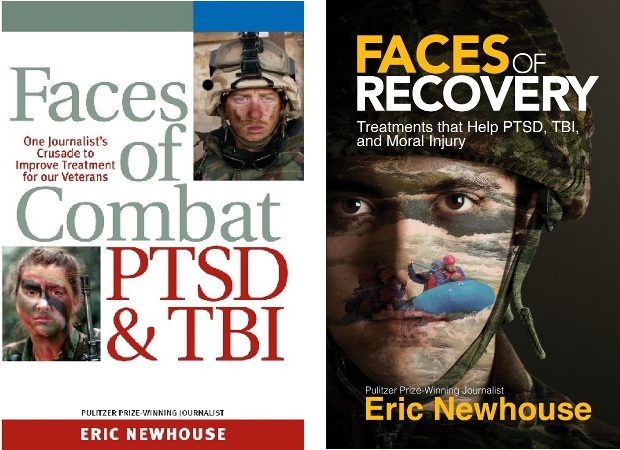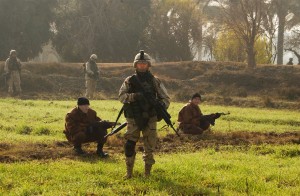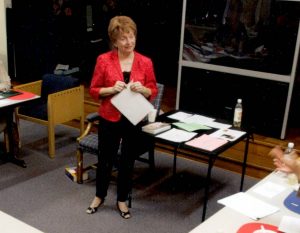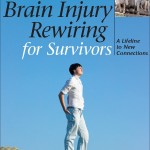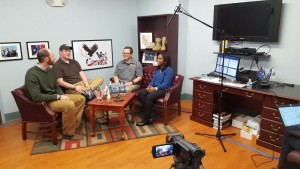February is Recreational Therapy Month and in honor of that, we’re taking a look at exactly what recreational therapy is and how it can benefit you.
Recreational Therapy can sometimes take a back-seat to the more traditional therapy methods that most people are familiar with, but it can be just as helpful (if not moreso!) as its more traditional brethren.
The term “Recreational Therapy” first debuted in the 1950’s, but the idea has actually been around far longer than that. After the Civil War, the National Home for Disabled Volunteer Soldiers was established, taking thousands of soldiers into their care. The benefits of recreational therapy were known even then, according to the annual report the organization published in 1875.
“Amusements tend to drive away dull care, and keep the men in a pleasant and cheerful state of mind. All these tend to make discipline easier and to render the men contented and comparatively happy, and to improve their morals…”
-National Home for Disabled Volunteer Soldiers, 1875 Annual Report
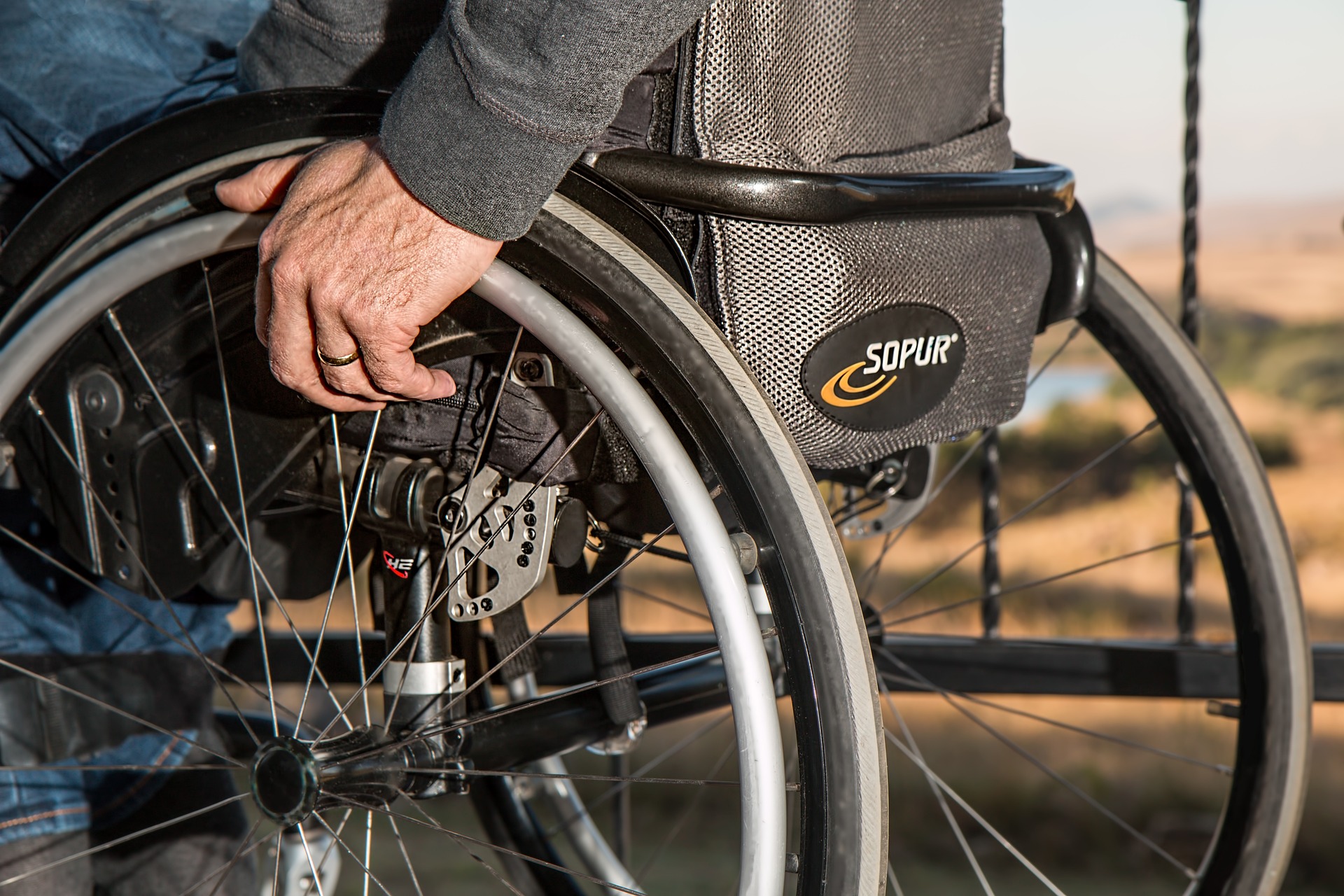
What is Recreational Therapy and does it really work?
Recreational therapy, as its name suggests, is the utilization of recreational activities that the patient enjoys as a means of therapy. It also takes an approach to therapy that is a little more “human”, understanding that the cognitive, emotional, and spiritual aspects of healing are just as important as the physical aspects. Sometimes therapy of any kind can be stigmatized or even thought of as a necessary evil by the very people it is meant to assist. Recreational therapy seeks to tear down these obstacles to make therapy as accessible and enjoyable as it is effective, the idea being that if a patient actually enjoys their therapy, they are far more likely to continue it.
According to the VA’s website, “Current research indicates a significant number of positive health outcomes resulting from participation in recreation therapy and creative arts therapy programs.” They use this research as the foundation of their evidence-based approach to recreational therapy, understanding just how important it is for their treatments to have a scientific basis.
This means that even if you’re on the fence about enrolling in recreational therapy, you can rest easy knowing that there is plenty of evidence supporting its viability as a form of therapy. It is still best used in conjunction with other forms of therapy when needed, but even on its own can be a powerful tool in the road to recovery.
Are you a veteran in need of assistance? Click this link for a list of resources made specifically for you. If you’re having suicidal thoughts, please call either The National Veterans’ Foundation at 1-888-777-4443 or the VA Suicide Prevention Hotline at 1-800-273-TALK (800-273-8255). Both hotlines are free and confidential.
If you’re not a veteran but would still like to help out, you can get involved through our donation page here
